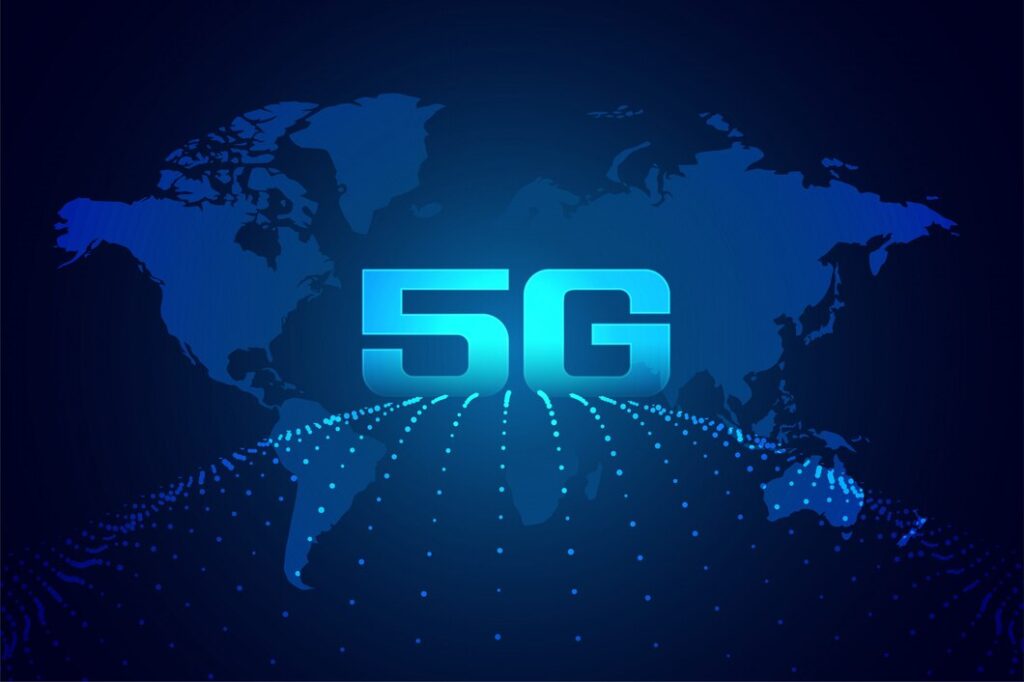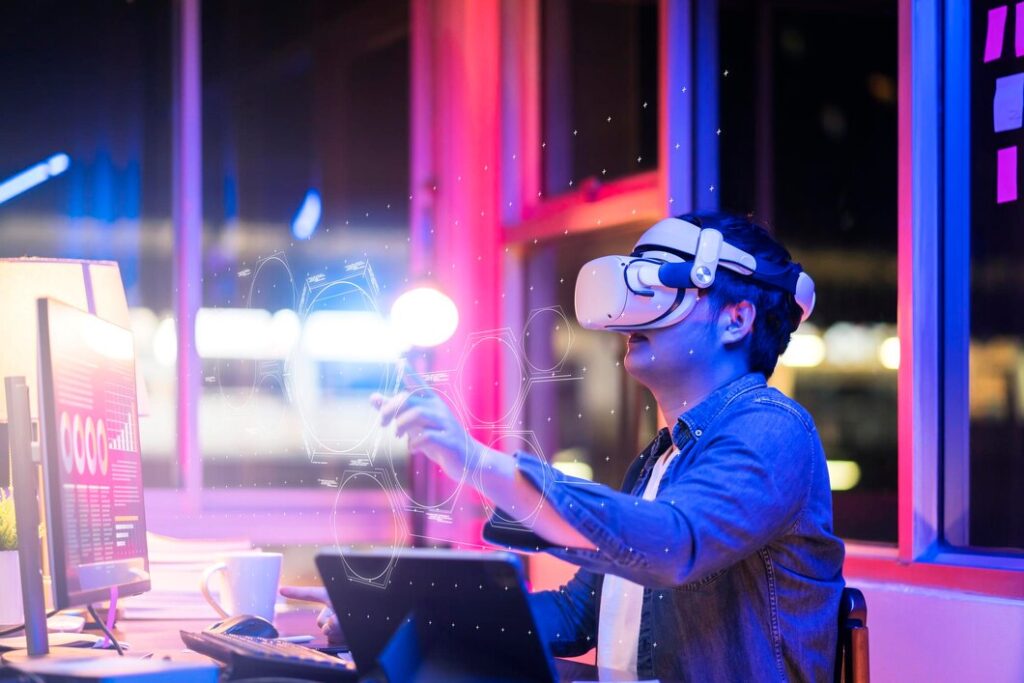
Artificial intelligence (AI) is a rapidly growing field that is revolutionizing industries across the world. From healthcare and finance to manufacturing and transportation, AI is transforming the way businesses operate and the way consumers interact with products and services. This article will explore how AI is revolutionizing various industries and the impact it is having on the economy, society, and the future of work.
One of the industries that AI is revolutionizing is healthcare. AI has the potential to transform healthcare by improving patient care and outcomes, reducing costs, and increasing efficiency. AI-powered technologies such as machine learning algorithms have been used to analyze medical images, diagnose diseases, and develop personalized treatment plans for patients. AI systems can also analyze large volumes of patient data to identify patterns and trends that can be used to improve healthcare delivery and patient outcomes.
Another industry that is being revolutionized by AI is finance. AI technologies are being used to improve fraud detection, risk assessment, and customer service in the financial industry. AI-powered systems can analyze large volumes of financial data to identify potential security breaches, detect fraudulent activities, and improve customer service by providing personalized recommendations and support. Additionally, AI is being used to develop algorithmic trading systems that can make faster and more accurate trading decisions, leading to increased profits for financial institutions.
AI is also revolutionizing the manufacturing industry by improving automation and productivity. AI-powered robots and machines can perform complex tasks with greater precision and efficiency than human workers. These technologies are also being used to optimize production processes and reduce waste, leading to cost savings for manufacturers. AI is also being used to develop predictive maintenance systems that can identify potential equipment failures before they occur, reducing downtime and maintenance costs.
In the transportation industry, AI is revolutionizing the way people and goods are moved from one place to another. Autonomous vehicles powered by AI technologies are being developed to improve safety, efficiency, and convenience in transportation. These vehicles can navigate through traffic, avoid accidents, and provide passengers with a comfortable and convenient travel experience. AI-powered transportation systems are also being used to optimize traffic flow, reduce congestion, and improve the overall efficiency of transportation networks.
AI is also revolutionizing the retail industry by improving customer experiences and increasing sales. AI-powered systems can analyze customer data to provide personalized recommendations and offers, improving customer satisfaction and loyalty. AI technologies are also being used to develop virtual assistants and chatbots that can provide 24/7 customer support, reducing the need for human customer service representatives. Additionally, AI is being used to optimize inventory management, pricing strategies, and supply chain operations, leading to cost savings and increased profitability for retailers.

The impact of AI on the economy, society, and the future of work is significant. AI has the potential to create new job opportunities, increase productivity, and improve the quality of life for people around the world. However, there are also concerns about the potential impact of AI on jobs and the economy. Some experts believe that AI technologies could lead to job displacement and income inequality, as automation and machine learning algorithms replace human workers in various industries.
To address these concerns, policymakers, businesses, and society as a whole need to work together to develop strategies for integrating AI technologies into the workforce and the economy. This includes investing in education and training programs to help workers develop the skills needed to work alongside AI technologies, developing new policies and regulations to ensure that AI is used in a responsible and ethical manner, and fostering a culture of innovation and entrepreneurship to create new job opportunities and industries.
In conclusion, AI is revolutionizing industries across the world by improving healthcare, finance, manufacturing, transportation, and retail. The impact of AI on the economy, society, and the future of work is significant, and it is important for policymakers, businesses, and society to work together to ensure that AI technologies are used in a responsible and ethical manner. With the right strategies and policies in place, AI has the potential to create new job opportunities, increase productivity, and improve the quality of life for people around the world.




